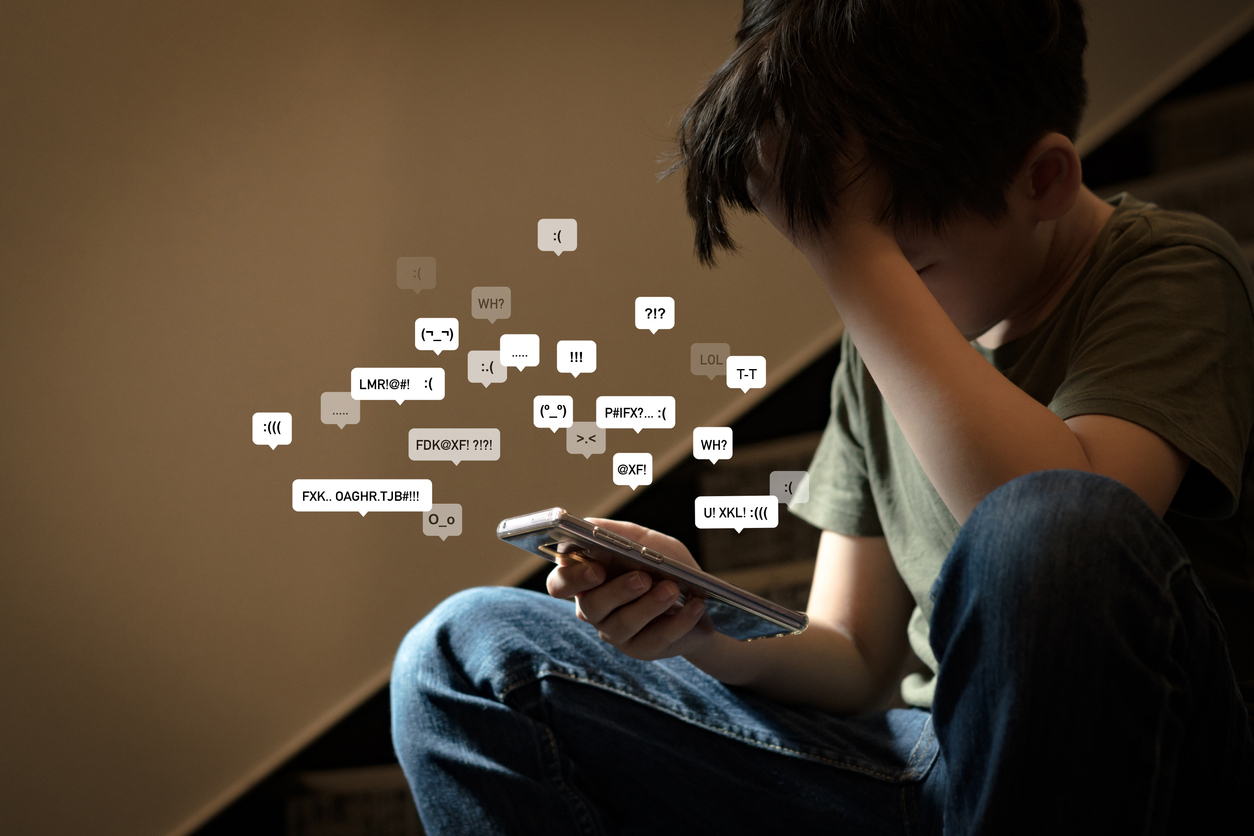- Free Consultation: (714) 351-0178 Tap to Call
Social Media’s Impact on Juvenile Cases

Social media has become integral to our lives, but its impact on legal cases can be complicated – especially juvenile criminal cases. The proliferation of social media platforms allows for easy and instantaneous sharing of information, making it challenging to prevent the spread of sensitive and confidential details related to juvenile cases. Families involved in juvenile cases must understand these risks and the importance of managing social media use carefully. Contact the Law Office of Katie Walsh for legal guidance on navigating social media’s impact on your child’s case.
The Role of Social Media in Juvenile Cases
Social media isn’t just a place for memes and selfies – it’s a treasure trove of information that can be used in court. Every post, comment, and like can be scrutinized, often by prosecutors looking for evidence to support their case. For instance, a teenager boasting about a prank gone wrong could suddenly find that post used as evidence of intent. Social media can also paint a picture of a juvenile’s character, sometimes unfairly, which can influence everything from public perception to the final verdict. In several cases, social media activity has provided key evidence that either strengthened the prosecution’s case or severely undermined the defense.
Risks and Challenges
The risks of social media for juveniles are real and can be severe. A seemingly harmless post can lead to self-incrimination, putting your child at greater risk during legal proceedings. Beyond this, social media opens the door to cyberbullying, which can exacerbate the situation, leading to additional stress and legal complications. It’s not just about what your child posts—how others interpret and react to it can shape the public narrative and, in turn, the case outcome.
Besides, courts often view these digital footprints as reliable indicators of behavior or intent, which can work against your child. A single post can provide a timeline, demonstrate involvement, or suggest a pattern, even if it wasn’t intended that way.
Guidelines for Families
- Maintain Privacy
Encourage your child to set their social media accounts to private. This ensures that only approved friends and followers can view their posts. It is also important to regularly monitor their friend list and remove any unknown or suspicious individuals. Limiting access to their social media content can minimize the risk of sharing confidential information.
- Think Before Posting
Teach your child about the potential consequences of their social media activity. Remind them that anything they post online can be used against them in court. Encourage them to think twice before posting anything that could be misinterpreted or taken out of context.
- Avoid Discussing the Case
Instruct your child to avoid discussing their case or any related details on social media. Emphasize the importance of maintaining confidentiality and not sharing any information that could jeopardize their legal defense.
- Monitor Online Interactions
Regularly check your child’s social media activity and monitor their interactions. Look for signs of harassment, bullying, or negative influences that could impact their case. It is crucial to address any concerning behavior promptly and take appropriate action to protect your child’s best interests.
Consult Orange County Juvenile Defense Lawyer Today
In the age of social media, the line between private life and public scrutiny is razor-thin, especially for juveniles involved in legal cases. One post, one comment, one shared photo can have repercussions far beyond what you might imagine. That’s why having a knowledgeable attorney to guide you through these challenges is invaluable.
Katie Walsh leverages her extensive background as a former prosecutor to advocate fiercely for juveniles, understanding the nuances that can make or break a case. She’s committed to ensuring that your child’s rights are upheld. Her approach is compassionate yet strategic, giving your family the legal support needed during these critical moments. Don’t let social media mistakes dictate your child’s future—contact Katie Walsh at (714) 619-9355 to secure the defense they deserve.






